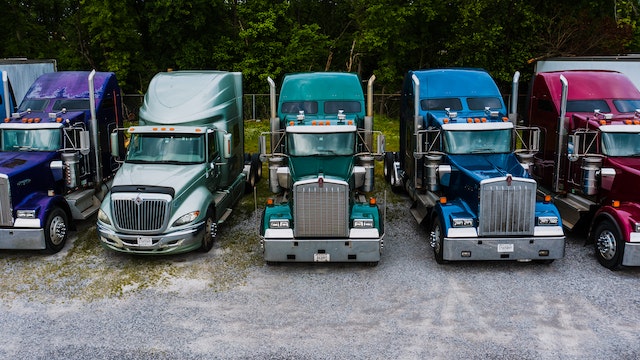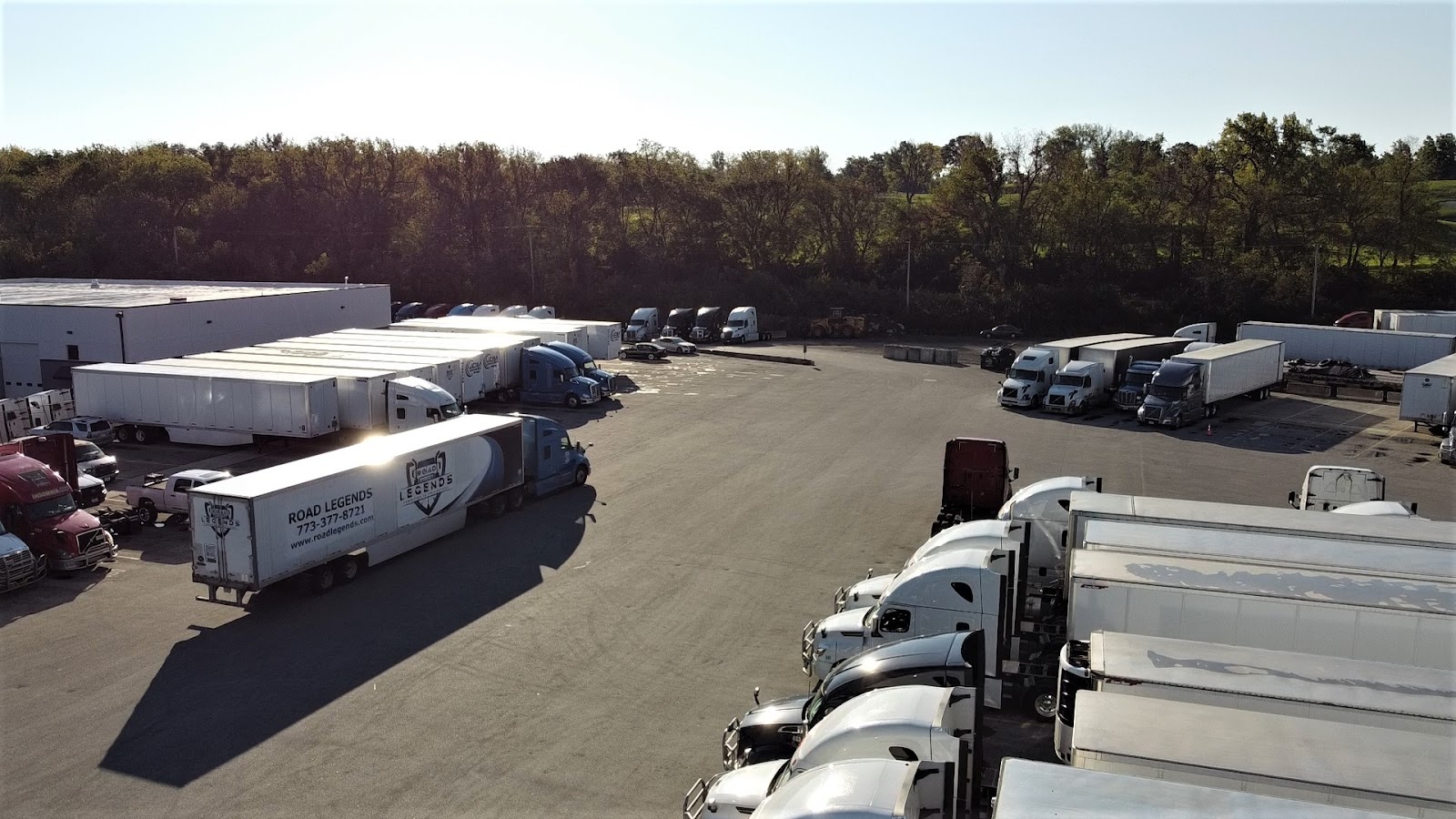How ELDs Revolutionized the Trucking Industry
Electronic Logging Devices (ELDs) allow truck drivers to account for every hour they are on the road and keep track of daily activities. According to Simplex Group, ELDs have revolutionized the trucking industry as they help truckers stay DOT compliant and more. Here are some ways these devices have made a significant impact on the trucking industry:
Compliance with Hours of Service (HOS) Regulations
Before ELDs were invented, drivers needed to record their service hours via traditional paper logbooks. However, these logs weren’t always accurate and reliable in tracking time, rest periods, and other HOS requirements.
Yet, with the implementation of ELDs, drivers can now ensure compliance with federal and state regulations, which also helps improve road safety.
Since this time tracking method is digital and automated and stores driver logs, much of the old manual paperwork has been eliminated, and now errors or other inaccuracies that could occur with traditional paper have been reduced—ELDs capture data directly from a vehicle's engine. There is currently no better way to ensure a precise and reliable record of driving time than this.
Increased Road Safety
Truck drivers don’t have an easy job, and sometimes, they drive without proper rest periods. In some instances, they might also violate hours of service limits or engage in risky driving behavior or other driving practices.
However, with ELDs, a driver’s activity is recorded and easily accessible by fleet management. These devices accurately monitor and enforce HOS regulations, actively contributing to road safety and discouraging drivers from working beyond their program or engaging in risky driving practices, such as speeding or other factors.
These devices ensure drivers take appropriate breaks, preventing fatigue, one of the highest causes of truck accidents.
Improved Fleet and Driver Management
ELD devices enhance overall fleet management operations by better facilitating communication and coordination between drivers and dispatchers.
Before ELDs were available, fleet managers and dispatchers had more issues in checking real-time visibility into a driver’s availability, driving hours, or compliance status. Now, through ELD implementation, fleet management can plan and schedule resources, optimize routes and loads, and ensure more efficiency in many types of operations.
Audits and Simplified Inspections
Another great advantage of the ELD’s ability to store electronic logs is that it allows for greater accessibility during inspections and audits. Both drivers and enforcement officers can benefit from this since the records are readily available and can be reviewed quickly for compliance, reducing the time and effort previously required to compile and submit records.
Monitoring Performance and Data Analysis
The valuable data gathered by ELDs can be used in various ways to promote efficiency, not just when it comes to inspections and audits. The data can be used for performance monitoring and analysis as well. Fleet managers can thus use ELDs to gain insights into driver behavior, idle time, fuel consumption, and other key metrics needed for evaluation.
With this data available, fleet managers can make informed decisions, such as optimizing lagging operations and identifying other issues in certain areas that need improvement.
Industry Standardization
Lastly, another great advantage that comes with the usage of ELDs and another way it also revolutionized the trucking industry is that it became widely adopted quickly. This inevitably led to the following benefits:
· Ensuring fair competition
· Promoting safety
· Facilitating efficient communication and data exchange between different stakeholders in the supply chain
Now that there is a consistent tool in the industry, it brought about a certain level of standardization that benefits everyone, from companies and businesses to employees, drivers, clients, and authorities. This digital transformation across the trucking industry improved fleet operations and management, making it more sustainable by eliminating costly resources and manual processes.







